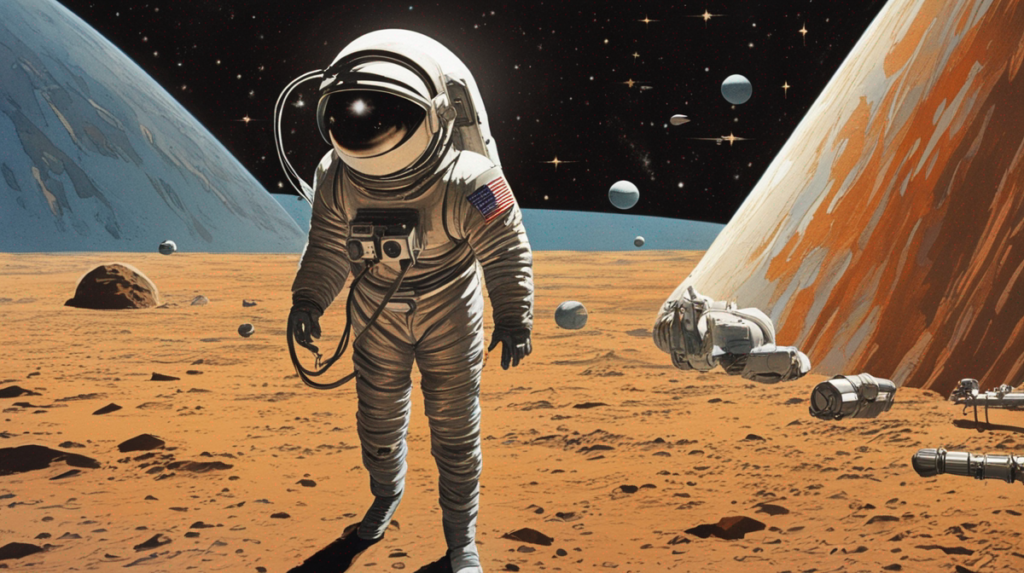
The Space Race Begins: Launching of Sputnik
The launch of Sputnik, the first satellite by the Soviet Union in 1957, marked the beginning of the Space Race. This competition between the Soviet Union and the United States resulted in numerous advancements, including those in the field of health and medicine, a much-overlooked aspect of this historical period.
The Health Impact of Sputnik’s Launch
While Sputnik wasn’t designed to address health challenges, the scientific endeavour it ignited led to various health-focused discoveries and advancements. The pressure to put astronauts in space and keep them healthy pushed researchers to understand the effects of zero gravity on the human body. This effort eventually led to advancements in fields like telemedicine, nutrition, and exercise science, all of which play crucial roles in our health today.
Medical Advances Spurred by the Apollo Missions
The pursuit to land a man on the moon brought about significant changes in the medical field. The Apollo missions spurred advancements in life-support systems, tracking biometrics in real-time, and even the invention of a compact defibrillator that could fit into an ambulance. These innovations revolutionized pre-hospital care and continue to benefit society today.
Zero Gravity’s Impact on Human Health
The prolonged exposure to zero gravity poses significant health challenges. It can lead to muscle wasting, bone density loss, and vision problems. These health issues forced scientists to come up with countermeasures like resistive exercise devices and vitamin D supplements, preventing astronauts from falling victim to such health conditions.
The Controversy: High Cost Vs. Health Advancements
Despite the health advancements birthed from space exploration, critics argue that the high costs associated with it could be better used to address health issues on Earth. Balancing the quest for cosmic exploration and terrestrial health is an ongoing debate that involves considerations about technological advancement, human curiosity, and ethical issues.
From the Space Race to Today: Health Implications
The Space Race’s impact on health is still felt today. Innovations developed for space have found their way into everyday life, from telemedicine allowing remote delivery of healthcare, to biometric monitoring promoting personal health awareness. Additionally, space research still contributes to our understanding of aging, isolation, and physical fitness.
Future Health Innovations: The Next Frontier
As we venture farther into space, the health challenges faced today will also evolve. The current efforts to overcome these challenges are set to bring about the next wave of health innovations. These may include new therapeutic techniques, more efficient telemetry, and improved tools for remote surgery, among others.
While the Space Race has ended, its impact on health and medicine continues. The evolution of health practices and technology birthed from this era proves that, sometimes, looking to the stars can lead to solutions on Earth.
Last modified: 16 January 2024


















